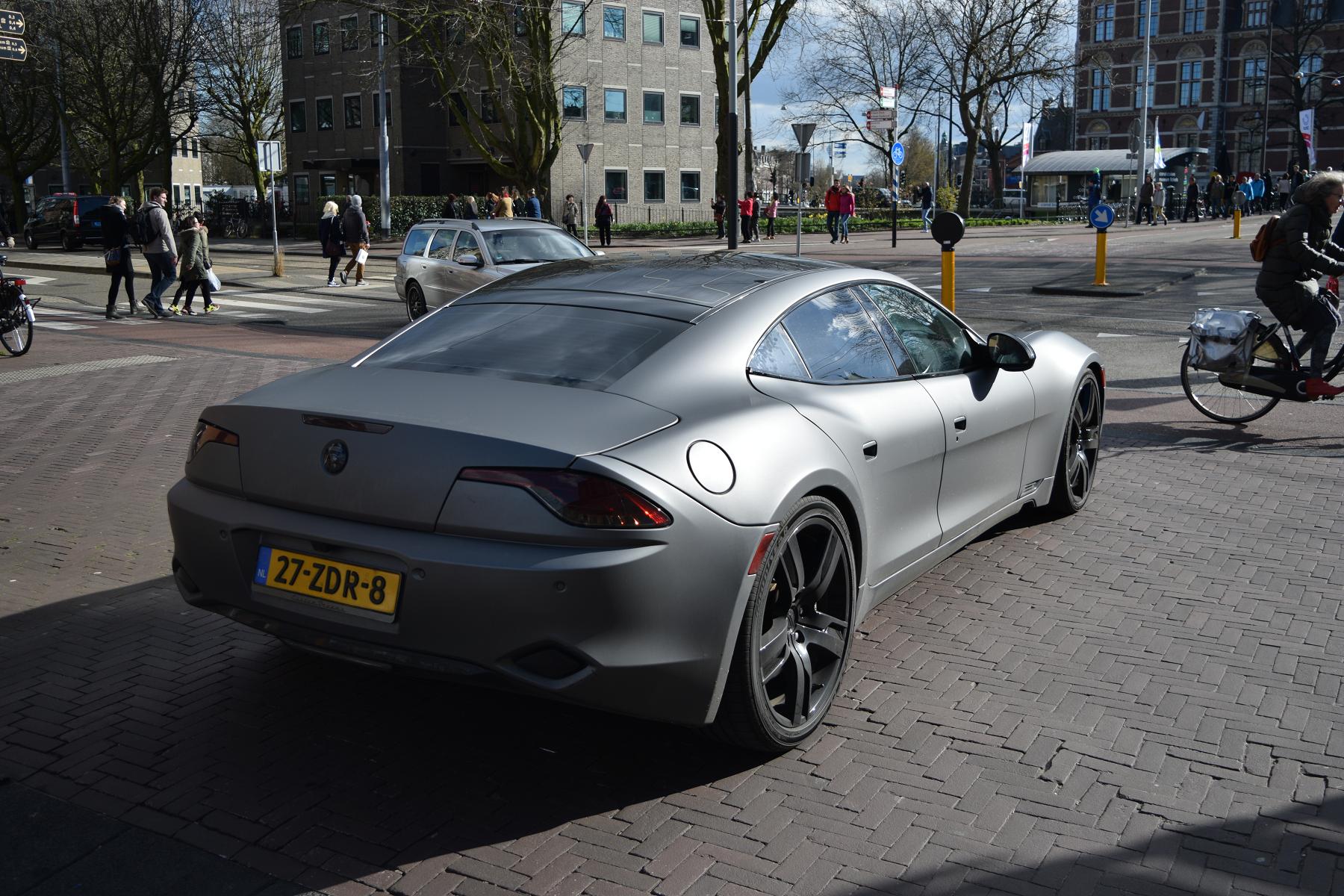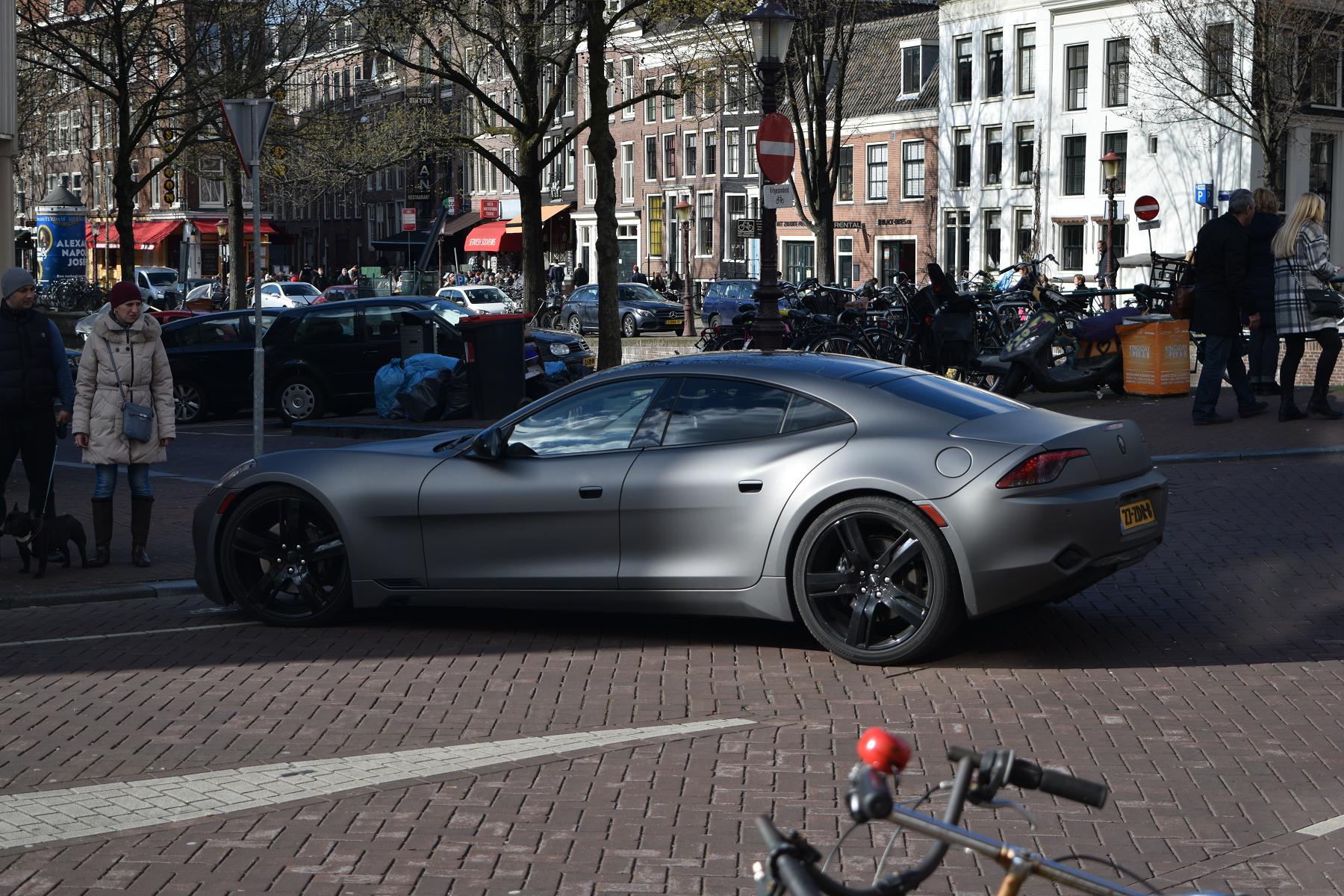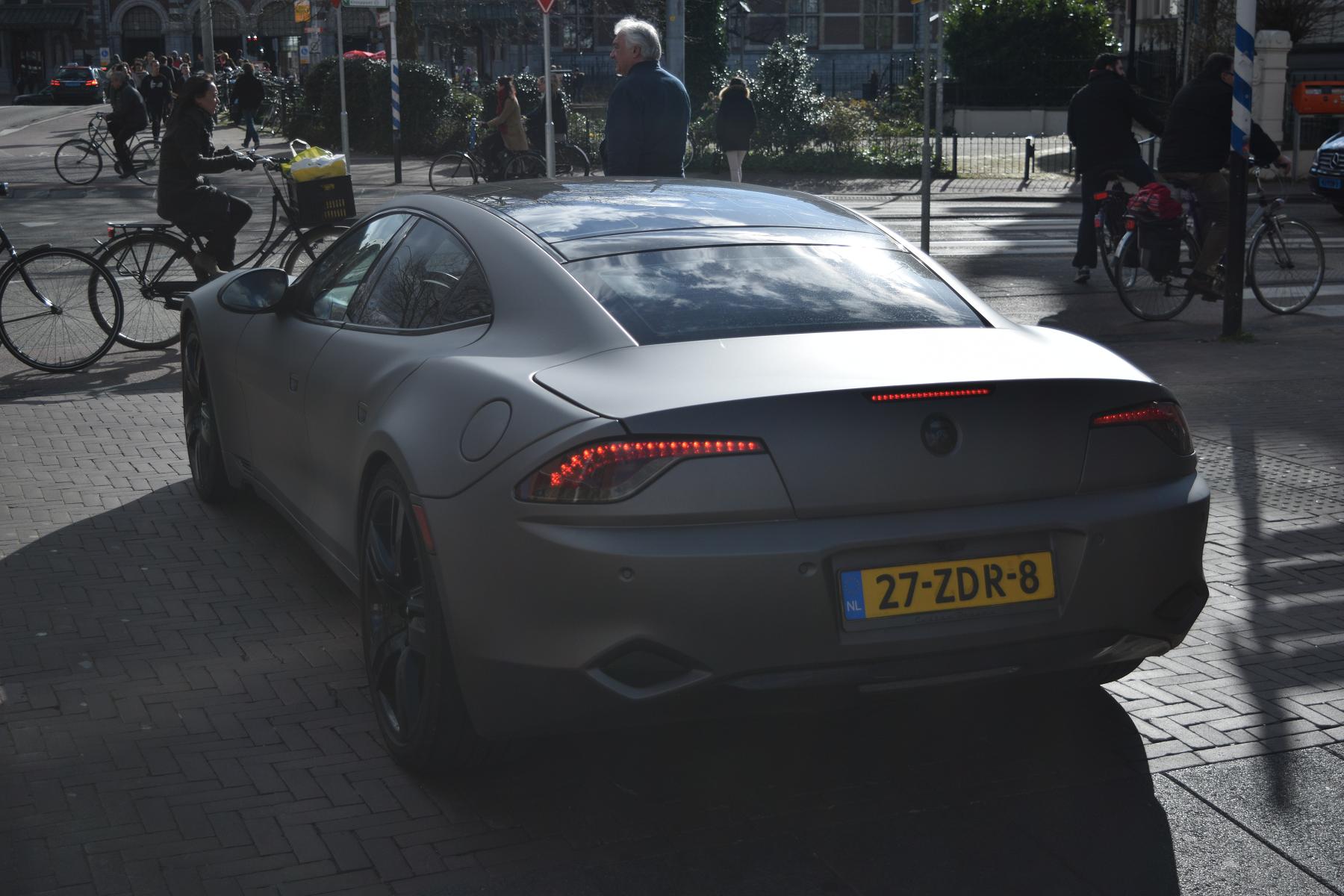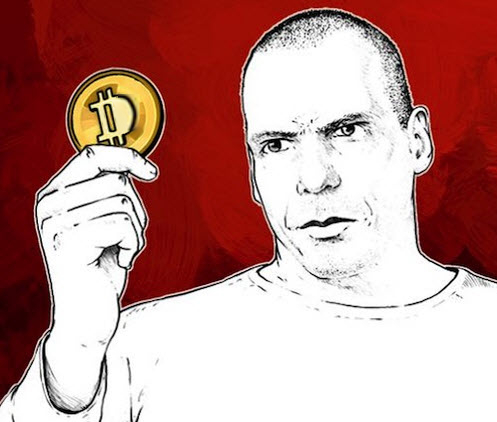The dutch state is in court, sued by the Urgenda foundation and about 800+ individual citizens. They crime it is accused off is one against future generations, it is accused of not doing enough to target an emissions trajectory that allows global average temperatures to remain below 2 degrees Celsius more than pre-industrial levels.
It is a difficult case, because the causality and direct victimization are hard to prove. Also there needs to be some benefit from any conviction which will take the form of the court ordering the dutch state to keep with a certain more agressive emissions reduction trajectory.
The demands are not unrealistic, because several european and non european countries are targeting twice the reductions Holland is targeting. So clearly judgement there is that this is the right thing to do, and feasible. Holland is stuck with a right wing government that has paralized en effective response to climate change since about 2007.
This option of legal action is advised by the legal experts, it has taken 3 years to develop its momentum and justified recourse to the court (because you can’t go to court if the government was somehow responsive to the demands). We investigated the options for another tactic one can apply for climate action which is altogether more agressive, but worth mentioning in this context, it is described here.
Right now the judge is considering many aspects of the case, from whether it is up to a judge (instead of politics) to consider these facts to whether the claims made by the state are true and those made by Urgenda are true, to whether there are real victims and benefit. It could be the case is dismissed on a technicality, it could be the case is dismissed because any order to act is superfuous (the state is considered to be doing or promising to do enough). We will know more on june 24th, when the verdict is delivered.
 Basic agreed assumptions
Basic agreed assumptions
- Climate change is man made and can be influenced by policy
- Current policy is not ambitious
- Furthermore
- Holland has had twice the ambition but this is reduced by the right wing government
- Emissions Trading Scheme
- The scheme will retain a surplus of about 2 billion rights
- Many states have suplemantary carbon taxes to reduce CO2 This is allowed within the EU
Carbonleaking
- Emissions moving elsewhere due to measures
- Companies moving to less strickt countries
- Predicted that any reduction of emissions will be 82%-88%
- Carbonleaking to outside the EU is not observed
 Lawyer explaining to the court that reducing emissions early is a lot more effective than later, and that one can lose the chance to control temperatures below 2 degrees.
Lawyer explaining to the court that reducing emissions early is a lot more effective than later, and that one can lose the chance to control temperatures below 2 degrees.
Further Remarks
- The court can not argue that it can’t act because of ineffectiveness
- The state claimed it was tied to EU ETS, this is not true
- The economic crisis has caused an emissions reduction
- Emissions targets need to be independent of the economic situation
- The state will have to choose stronger targets to achieve their stated reduction goals
- Germany targets a 55% reduction in 2030 which is much more ambitious than the EU target
- English reports show that the EU target of 40% in 2030 does not suffice
- The EU economy will suffer 0,04% from more ambitious climate policy
- If the EU doesn’t stive for more ambitious targets the cost will have to be carried by emerging economies
- The EU talks about 80% in 2050, but 80-95% was originally required
- The EU target of 40% is not certain due to a ‘flexibility clause’ that requires all members to match the commitments.
- To achieve a 40% reduction in 2050 we need 25% reduction in 2020
The court should and has no reason to not dictate at least 25% in 2020 The court can dictate a faster trajectory, as is followed by Germany We have 1000 Gigaton emissions left, which will run out in 2035, meaning that we should be 100% carbon neutral in 2035. This means we have to do the maximum possible at the shortest possible terms. Current trajectory makes 2 degrees Celsius unavoidable. This drives citizen to demand the court to order the state to take stonger action. Remarks second lawyer
- What the state does is a matter of politics.
- The state has been locked up in a “You first” mentality.
- All negotiations have failed to meet the required targets.
- We are facing 4 degrees catastrophic climate change.
- Dutch government is aware it is not meeting targets.
- Binding reduction targets are no longer the goal of the climate conference.
- Holland doesn’t negotiate at the COP 20 meeting.
- Targets for the COP20 meeting are already set and for 2030.
- All emissions should stop asap
- CO2 will remain in the atmosphere for thousands of years
- Warming is linear with emissions
- Zero emissions is expected to be reached in 2050-2070

Dutch State Defence Responses
- State is aware of climate change and the need for action
- Since 1995 governmental action was to keep below 2 Celsius degrees warming
- Holland can not do it alone
- Holland is pleading for climate action at the COP20 meeting in Paris
- There is no legal binding law telling Holland to reduce emissions
- The emission reduction target can not be checked on validity by the state
- Any decision by the judge should be to some advantage, what is that advantage? It has to be new law. And a judge can not order the creation of new laws.
- As long as Holland is acting on the climate threat a supplementary ruling by the judge is unecessary.
- With current targets extra measures are needed to achieve 40% reduction in 2030.
- Climate problem is a global commons problem, needs to be tackled together
- Limits should be widespread and pervasive in each industry plus monitoring.
- In 2014 Holland has -pledged- 100 mljn in the green climate fund.
- Human rights only valid within the participants of the human rights agreement
- It is not yet sure that the 2 degree targets are not going to be met.
- Risk will always remain
- EU court judges climate and other diseaster responsibility in terms of specific risks and victims.
- State considers itself to have a wide margin for action, so it can not be forced to specific constraints from Urgenda
- Judges should not talk about specific targets
- The conditions of the unjust act are not met, there is no clear causal link.
- Also the human rights act does not force countries to protect its citizen.
More details to follow..
Verdict
Verdict will be delivered on the june 24th at 10:00 am.


 Negative prices in Europe
Negative prices in Europe



